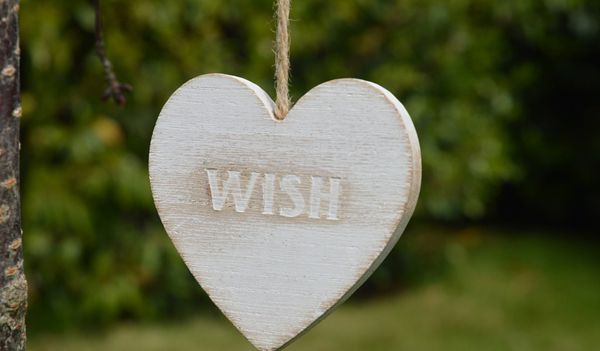英语词汇陷阱:在国外别乱用这8个词
|
在国外要慎用的8个英语单词 You may think it's easy to communicate when you're visiting another English-speaking country, but think again! Certain words mean something entirely different on the other side of the world. Read on to see which eight words could cause you embarrassment across the pond or down under. Be careful who you tell in the U.K. that you have to go pants shopping—across the pond, "pants" means "underwear." When you're talking about jeans and khakis, you should call them "trousers."
Own a fanny pack? In most other English-speaking countries, they're called "bum bags" because "fanny" is slang for a part of the female anatomy (and no, we're not talking about the rear end). So don't tell someone to stop being lazy and get off their fanny, either!
In America, we may get "pissed off" when we're angry, but the Brits and Irish who are "pissed" are extremely intoxicated. "Taking the piss," however, means "to make fun of," not "to get drunk."
Prepare for weird looks if you're bragging about your new "bangs" in England. A forehead-covering haircut over there is referred to as a "fringe" instead. Overseas, "bangs" is more commonly used as the somewhat vulgar slang that it is interchangeable with in America.
Americans hear the word "knob" and think "doorknob" or "lever." It has a much dirtier meaning in other countries, like Australia and the U.K., where it's an insult or slang for a part of the male anatomy. Now you'll know to be offended if someone calls you a "knob head."
Americans may "root around" looking for a lost object, but Australians and New Zealanders use the term to refer to having sex. If someone "pulled" last night in the U.K., they're probably not talking about pulling a muscle or drawing something apart. It's commonly used as slang for successfully picking up someone while out on the town. Likewise, "going on the pull" means that someone is going out with the express goal of getting some action. Avoid Using In: The U.K., Ireland
If you affectionately call your child or pet "little bugger," you might want to reconsider doing so in pretty much any other English-speaking country. In most other places, from Canada to Australia, it is commonly used as an expletive similar to the f-word. 如果你亲切地叫你的孩子或宠物little bugger(小家伙),到其他讲英语的国家可千万别这么说。在大多数其他国家,从加拿大到澳大利亚,bugger都是骂人的话,相当于fuck。
|








